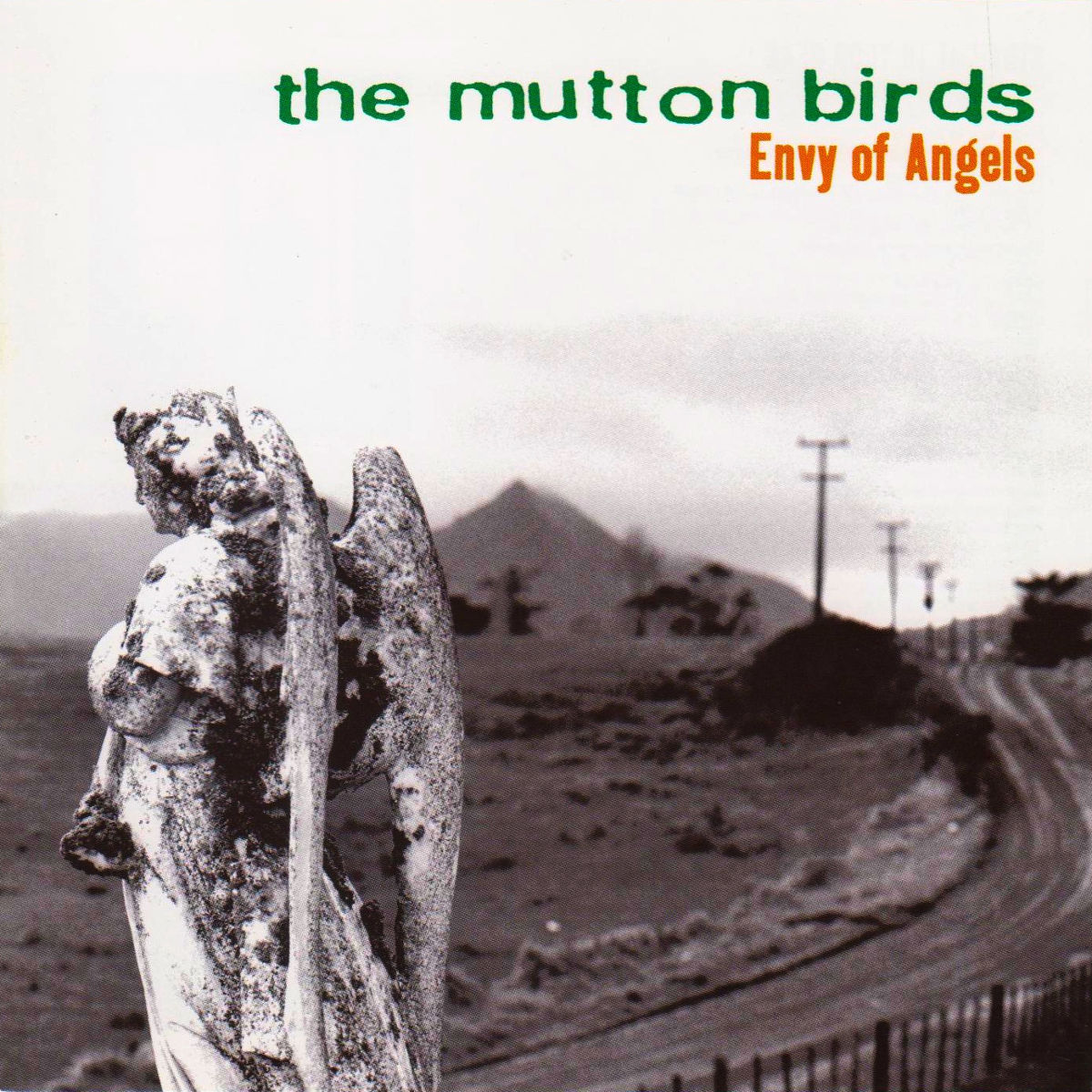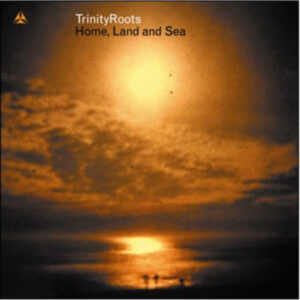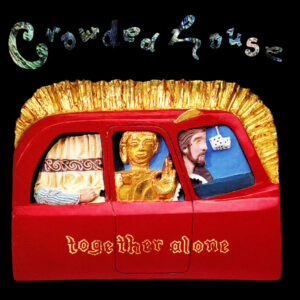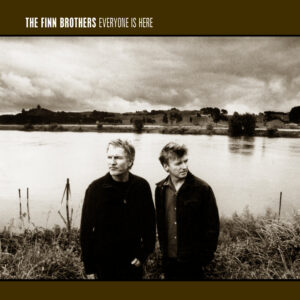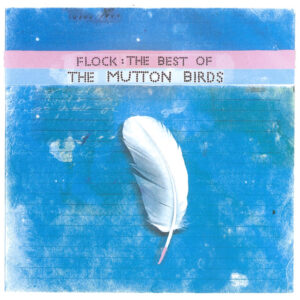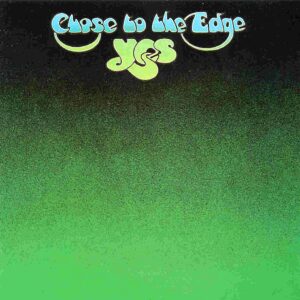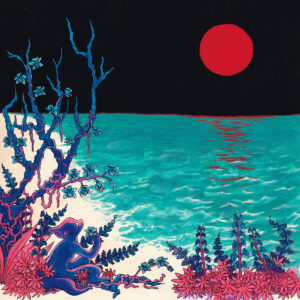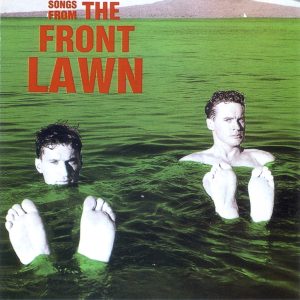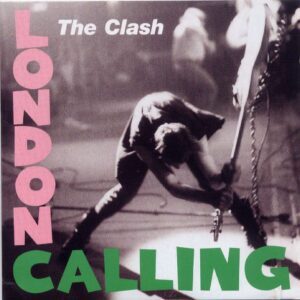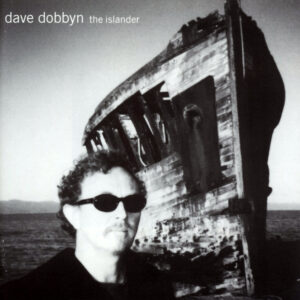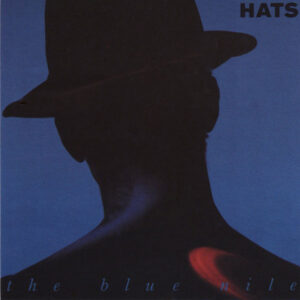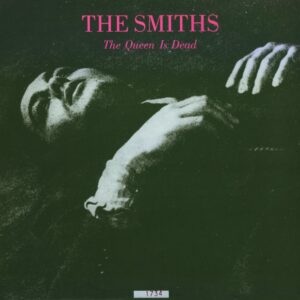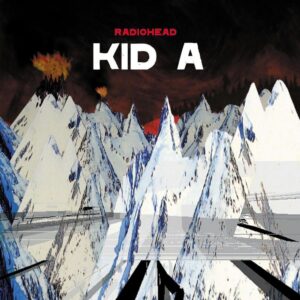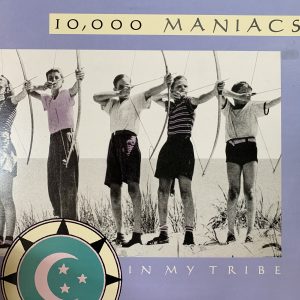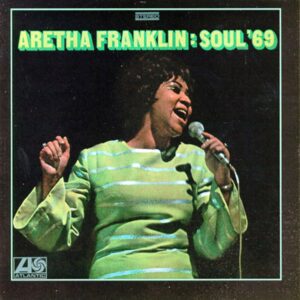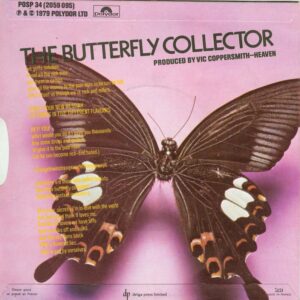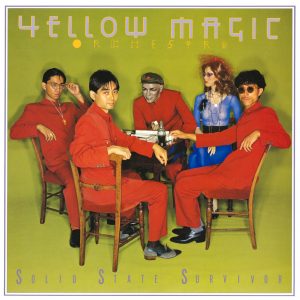
Don McGlashan kicked around the arty end of the New Zealand alternative scene during the 1980s. He played the drums in Blam Blam Blam, providing lead vocals for the iconic and ironic ‘There Is No Depression In New Zealand’. On an OE in New York, McGlashan played drums for Laura Deans’ dance company and flatted with one of Steve Reich’s pianists. He also formed the theatrical/musical duo The Front Lawn with Harry Sinclair in 1985.
In 1991, McGlashan formed the rock band The Mutton Birds, as a straightforward vehicle for his songwriting. They took their name from the colloquial name for the Sooty Shearwater, a seabird considered a delicacy in NZ. Rhythm section Alan Gregg and Ross Burge had played with Sneaky Feelings’ Matthew Bannister, while guitarist David Long had played with Six Volts.
The Mutton Birds were still arty – McGlashan’s lyrics were nuanced and he sometimes played the euphonium – but 1992 was an ideal time for a fresh alternative guitar band to surface, and their debut hit #2 on the NZ charts. Their roaring remake of 1960s NZ pop classic ‘Nature’ reached #4 on the charts, while ‘Dominion Road’ was later included among the APRA list of New Zealand’s best pop songs of the 20th century.
The Mutton Birds relocated to the UK before their third album, 1996’s Envy of Angels. Despite the move, they never cracked the mainstream in the UK and broke up after 1999’s Rain, Steam and Speed. Despite their lack of international success, they’re one of the best NZ guitar bands of their era.
The Mutton Birds Album Reviews
The Mutton Birds | Salty | Envy of Angels | Rain, Steam and Speed | Flock: The Best Of The Mutton Birds
The Mutton Birds
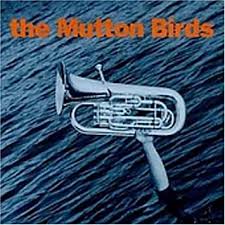
1992, 8/10
The Mutton Birds’ debut album was recorded on a low budget, using an AKAI tape recorder in the band’s practice room. Much of it was recorded as a three-piece before Alan Gregg joined, with McGlashan handling bass. Despite the low budget, The Mutton Birds was immensely successful in New Zealand – the group’s cover of the 1960s hit ‘Nature’ gave them access to older listeners, while McGlashan’s hooky ‘Dominion Road’ was an instant classic.
In between ‘Dominion Road’ and ‘Nature’ are The Mutton Birds’ most fascinating set of lyrics. ‘A Thing Well Made’ is about a sports shop owner’s aesthetic appreciation of an AK-47, written shortly after the Aramoana shootings in New Zealand and featuring McGlashan’s euphonium playing. McGlashan often favours moodier pieces, and ‘White Valiant’ and ‘She’s Like A City’ are excellent descriptive sketches. ‘Giant Friend’, ‘Your Window’, and ‘Dominion Road’ all have bouncy melodies that venture toward power-pop.
The primitive sound quality is sometimes a limitation, but The Mutton Birds is a very good debut record, McGlashan successfully turning his hand to radio-friendly guitar-pop.
Salty
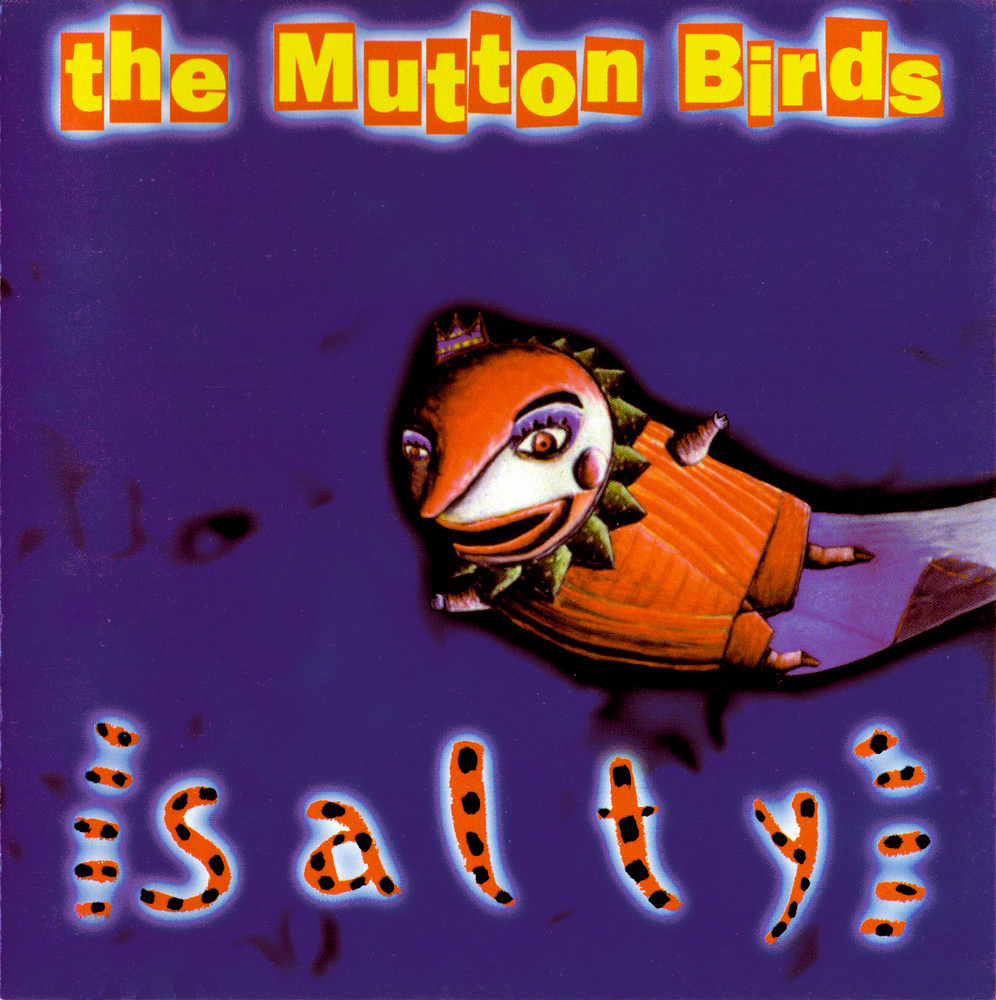
1994, 6.5/10
The Mutton Birds’ second album is a more varied and confident affair – with a successful first album, the band were able to hire mixer Tchad Blake, and recorded 20 songs. Bassist Alan Gregg started to contribute material, and his three efforts here are lighthearted counterparts to McGlashan’s brooding songs. Despite the advancements, Salty is a much less satisfying record than its predecessor – at 63 minutes it drags, and it needs some severe trimming.
Among its over-length, Salty contains The Mutton Birds’ best song, ‘Anchor Me’. Its nautical theme gives it a distinct New Zealand identity, while the fragile and atmospheric verses give way to the crashing chorus. There’s other strong material too – ‘The Heater’ opens the album with a clever arrangement where a peppy bass line and horns are layered over driving guitars, while the lyrics about an overly obsessive heater consumer are amusing. Gregg’s songs are all tuneful, and ‘There’s a Limit’ in particular is excellent. ‘Queen’s English’ starts off with a hypnotic groove and off-beat atmosphere, but drags on for an interminable seven minutes. Salty drags particularly towards the end, with dirge-like McGlashan tracks ‘Too Close to the Sun’ and an unsuccessful remake of Blam Blam Blam’s ‘Don’t Fight It Marsha, It’s Bigger Than Both Of Us’.
There’s a decent forty-minute album scattered among Salty, but it’s primarily notable for the presence of ‘Anchor Me’.
Envy of Angels
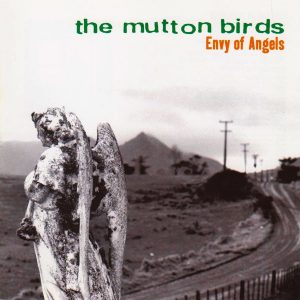
1996, 8.5/10
The Mutton Birds moved to the UK for their third album, with Virgin attempting to launch the band in Britain. They recorded in Wales’ prestigious Rockfield studios, with producer Hugh Jones’ clear production bringing out the jangly side of the band, like a New Zealand version of R.E.M. There’s little diversity or experimentation, just a really good batch of songs. At thirteen tracks, Envy of Angels could have benefited from dropping a couple of songs, but it’s still the band’s best record.
If Alan Gregg’s songs were tuneful novelties on Salty, ‘Come Around’ is a top-flight song, deservedly released as a single. Long’s also credited as a writer, and his short, experimental pieces are the only hint of diversity – in particular, the heavy guitars and distorted vocals of ‘Inside My Skin’ work well. Don McGlashan’s songs here have little stylistic variation, but they’re generally excellent – ‘While You Sleep’ and ‘She’s Been Talking’ are exquisitely tuneful folk-rock. ‘Like This Train’ is one of the band’s best deep cuts.
Envy of Angels was critically acclaimed and deservedly featured on end-of-year lists, but it wasn’t commercially successful in the UK. It remains the band’s best studio album.
Rain, Steam and Speed
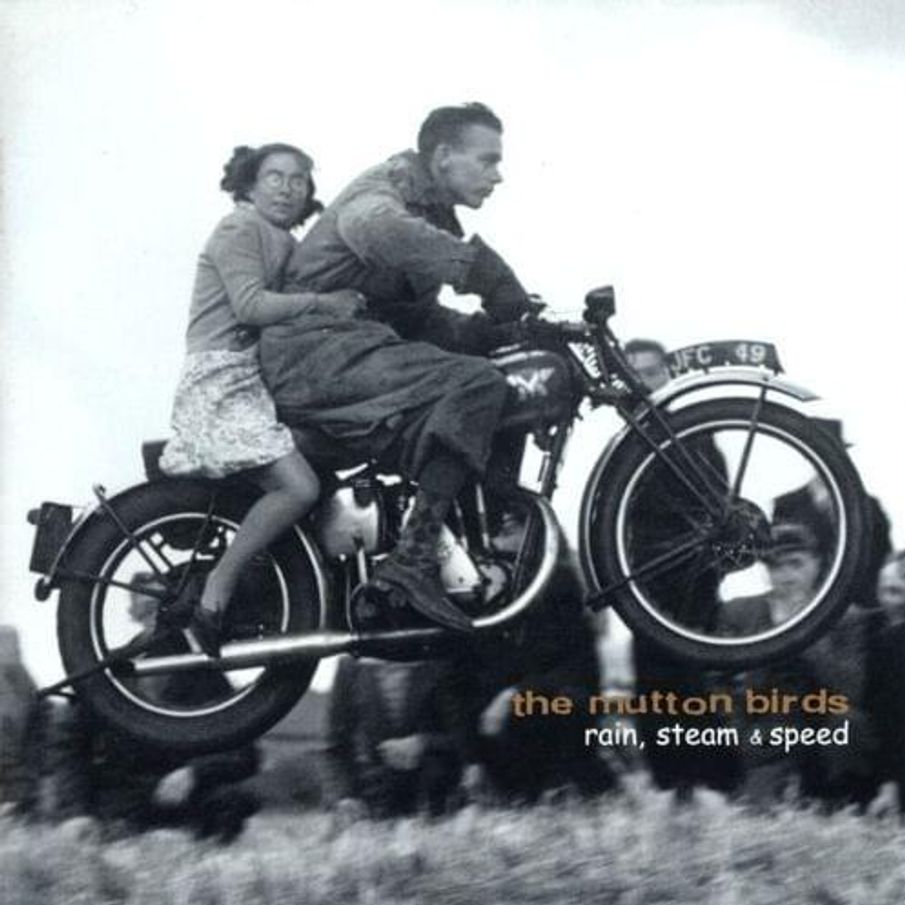
1999, 6.5/10
Shortly after Envy of Angels, The Mutton Birds were dropped from Virgin. David Long left the band, partly due to issues with the band’s manager. The rest of the band soldiered on for one more record. Despite being independently released, Rain, Steam and Speed outsold Envy of Angels in the UK. Stylistically though, it’s essentially a lesser version of the previous record’s sparkling folk-rock.
Rain, Steam and Speed is more diverse than its predecessor. Standout track ‘Pulled Along by Love’ employs terse rhythms and glistening synths in its verses, before opening into a gorgeous folk-rock chorus. The lovely, low-key ‘Jackie’s Song’ is also a natural new direction for the band, underlining McGlashan’s folk inclinations. But there aren’t enough of the sparkling melodies of Envy of Angels, and songs like ‘Hands Full’ drag.
Rain, Steam and Speed sounds like a final album, a group soaked by the English rain and running out of steam.
Flock: The Best of the Mutton Birds
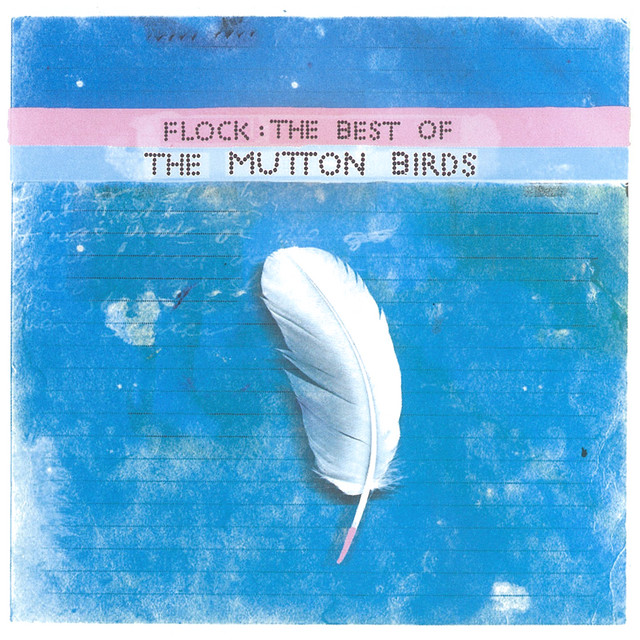
2002, 9/10
With a small and inconsistent discography, The Mutton Birds are ideally suited for a compilation. This 2002 collection puts 18 of their best tracks in one place. It features two non-album tracks – their remake of Blue Oyster Cult’s ‘Don’t Fear The Reaper’ for Peter Jackson’s movie The Frighteners, as well as their remake of Sneaky Feelings’ ‘Not To Take Sides’ (Sneaky Feelings’ leader Matthew Bannister was a member of The Mutton Birds during their final years). Flock is an excellent career summary – possibly all you need from The Mutton Birds.
Ten Best Mutton Birds Songs
Anchor Me
Pulled Along By Love
Dominion Road
She’s Been Talking
The Heater
Come Around
A Thing Well Made
Like This Train
Nature
While You Sleep
Back to New Zealand album reviews…
Related Pages
About
Aphoristic Album Reviews is almost entirely written by one person. It features album reviews and blog posts across a growing spectrum of popular music.
Review Pages
Read about the discographies of musical acts from the 1960s to the present day. Browse this site's review archives or enjoy these random selections:
Blog Posts
I add new blog posts to this website every week. Browse the archives or enjoy these random selections:
